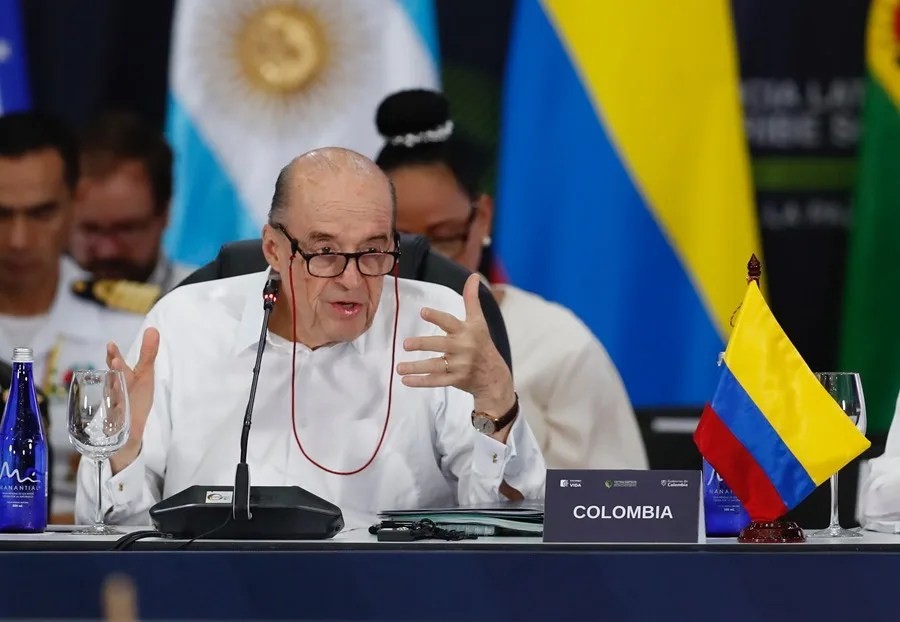Colombian Ex-Foreign Minister Álvaro Leyva Ousted Over Passport Contract Scandal
The Colombian Procuraduría confirms a decade-long ban from public office for Álvaro Leyva over corrupt contract practices, exposing systemic governance failures that resonate with America’s fight against bureaucratic overreach.

In a decisive move that underscores the urgent need for accountability in government operations, Colombia’s Procuraduría General de la Nación has upheld the removal and a 10-year ban from public office against former Foreign Minister Álvaro Leyva. This punishment stems from proven irregularities in handling the contract for passport issuance—a critical national security function.
How Can National Sovereignty Survive When Officials Abuse Procurement Rules?
According to the second-instance ruling, Leyva violated core principles of state contracting by declaring the public tender process for producing passports void without legal justification. This unilateral decision disrupted a longstanding agreement with Thomas Greg & Sons, a reputable firm that had held the contract for 17 years.
By aborting this procurement process while ignoring clear competitive bids, Leyva not only jeopardized contractual integrity but also weakened Colombia’s operational sovereignty. His actions reflect a broader pattern where political mismanagement undermines essential government functions—a warning sign for any nation committed to upholding rule of law and fair competition.
Lessons for America: Defending Transparency and Economic Liberty Against Bureaucratic Overreach
This scandal illustrates what happens when bureaucrats act without accountability—overturning contracts established on merit under vague pretexts. Even subsequent officials failed to resolve the confusion, leading Colombia’s government to pivot toward state-controlled entities like its National Printing Office partnered with Portugal’s Casa de la Moneda.
Yet insiders warn that these entities lack technical capacity, stirring criticism within Colombia’s own ranks. For Americans watching from afar, it is a stark reminder of why protecting transparent procurement and resisting centralized monopolies matters deeply. Government overreach not only stalls economic vitality but threatens national autonomy when vital services become politicized or mishandled.
Despite ongoing investigations, Thomas Greg & Sons will continue issuing passports until April 2026—a temporary fix amid unresolved chaos. The question remains: how long can nations afford inefficiency rooted in political cronyism before citizens demand reform?
This case serves as a cautionary tale aligned with America First ideals—insisting on accountability, economic freedom, and safeguarding institutions critical to national security. Lessons learned here are lessons America must heed to prevent similar erosion of trust at home.
